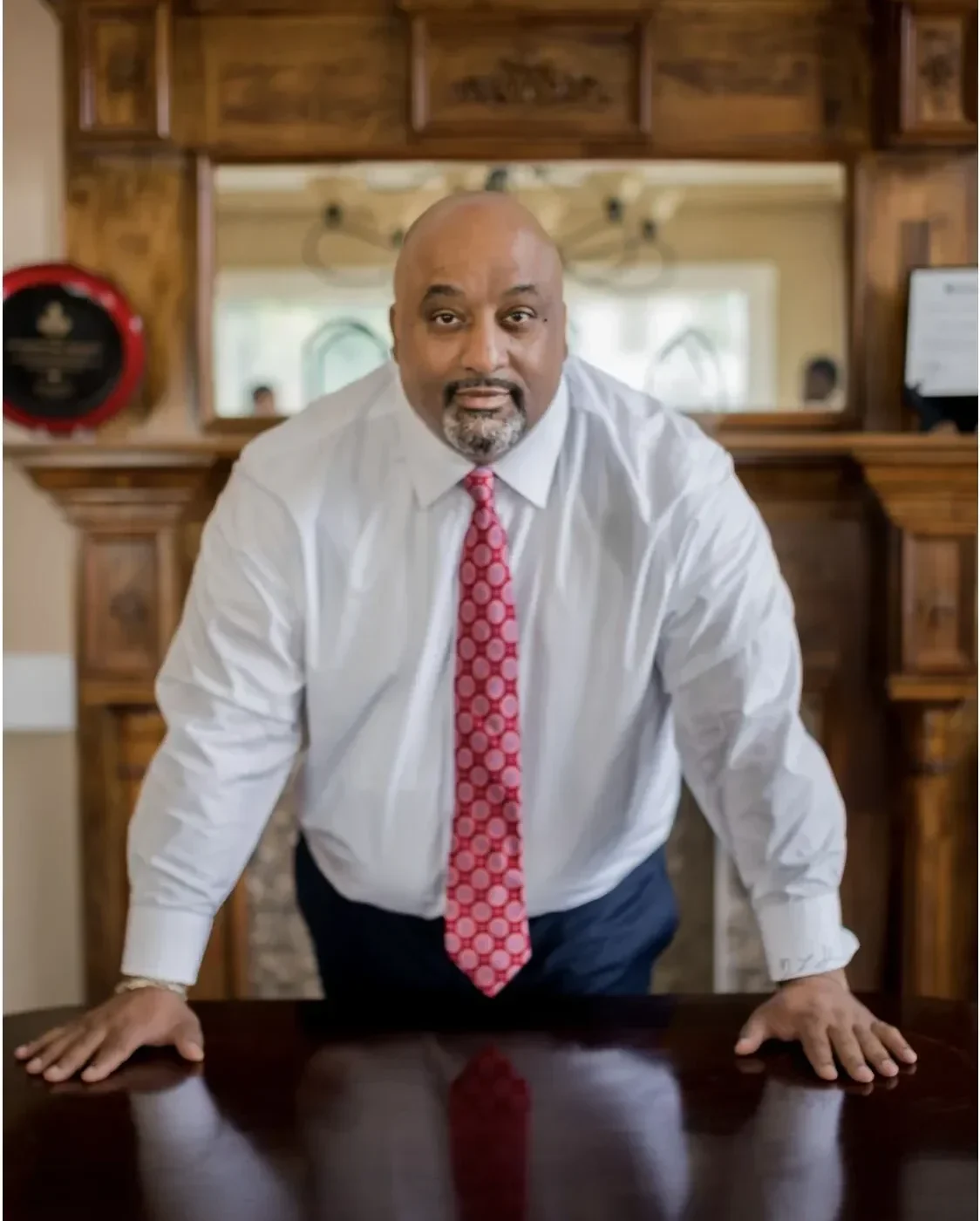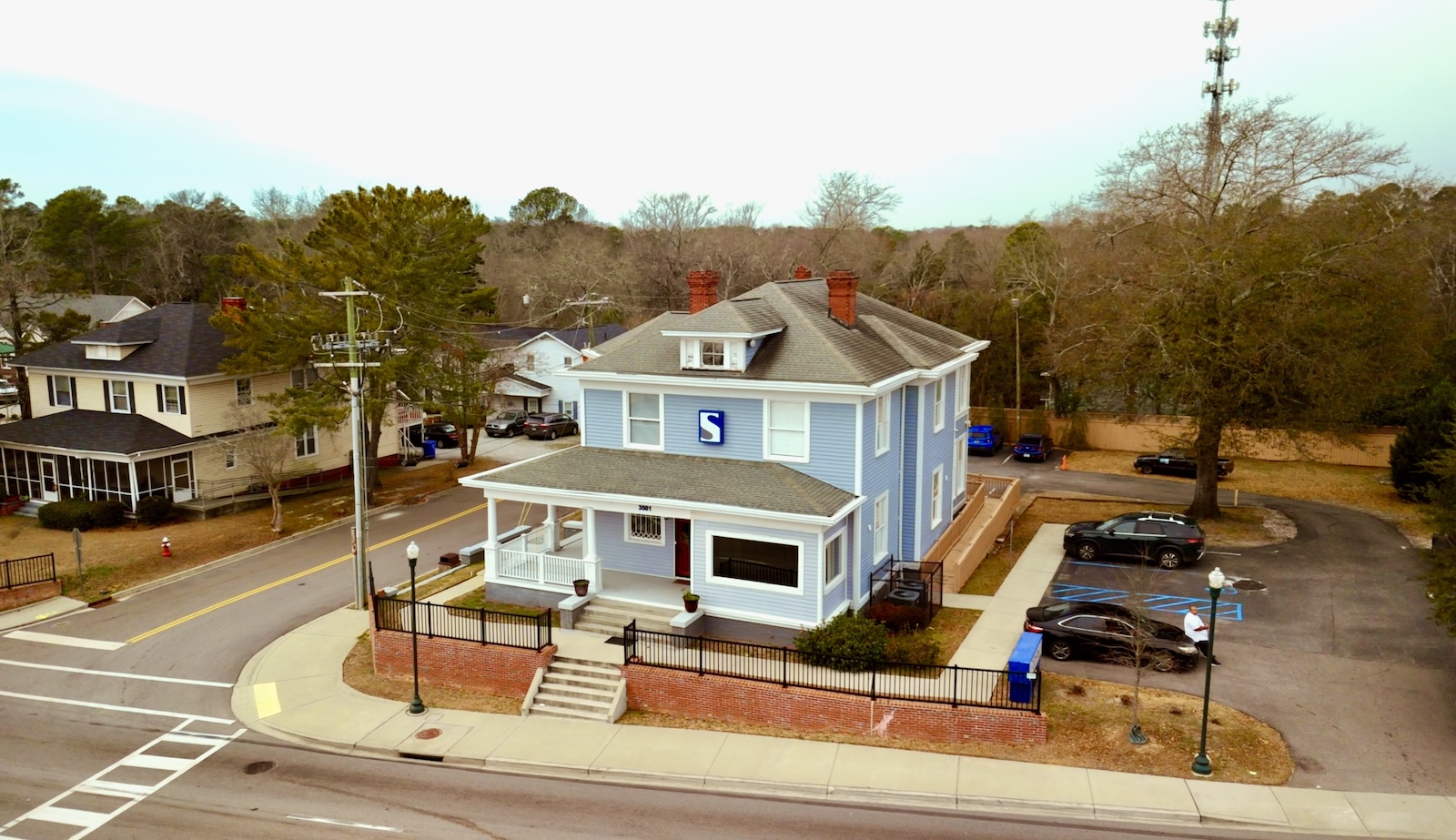What Is Nursing Home Abuse?
Nursing home abuse is a form of elder abuse that occurs when a resident is intentionally harmed or neglected by staff, caregivers, or other residents. Abuse can be physical, emotional, sexual, or financial. Neglect, which is often just as damaging, occurs when staff fail to provide essential care, such as hygiene, medication, and nutrition.
Common forms of nursing home abuse include:
- Physical abuse – Hitting, shoving, improper restraint use
- Emotional abuse – Verbal threats, humiliation, isolation
- Sexual abuse – Unwanted contact, harassment, or coercion
- Neglect – Failure to meet basic needs such as hygiene, nutrition, or medication
- Financial exploitation – Theft, coercion, or misuse of a resident’s assets
Abuse can happen quietly and gradually. Recognizing the signs early is key to stopping further harm.
Warning Signs of Nursing Home Abuse and Neglect
Family members are often the first to notice when something isn’t right. Below are some of the most common red flags:
Physical Signs:
- Unexplained bruises, cuts, burns, or fractures
- Pressure sores (bedsores)
- Poor personal hygiene or unclean clothing
- Dehydration or malnutrition
- Repeated infections or frequent hospitalizations
Emotional or Behavioral Changes:
- Sudden withdrawal or depression
- Fear of certain staff members
- Refusal to speak openly or make eye contact
- Anxiety or agitation
Environmental Clues:
- Dirty or unsafe living conditions
- Strong odors or soiled bedding
- Missing personal items
- Unusual activity on financial accounts
If you notice any of these warning signs, trust your instincts. Abuse often worsens over time if left unaddressed.
Legal Protections for South Carolina Nursing Home Residents
Nursing home residents are protected by both federal and state laws. The Nursing Home Reform Act of 1987 established the right to adequate care, safety, and dignity. South Carolina also enforces strict licensing and care standards for long-term care facilities.
When a nursing home violates these laws or fails to provide appropriate care, it can be held legally liable for its negligence.
At The Solomon Law Group, our experienced attorneys understand these regulations and how to use them to protect your loved one’s rights.
Holding Negligent Nursing Homes Accountable
Facilities may be held responsible when their negligence leads to harm. Common examples of nursing home negligence include:
- Understaffing or hiring unqualified caregivers
- Failing to respond to medical emergencies
- Ignoring resident complaints
- Inadequate staff training or supervision
- Poor medication management
We work to uncover what happened, who’s responsible, and how best to pursue justice. Our legal team will review medical records, interview witnesses, examine facility history, and consult with elder care experts to build a strong case.
What Compensation Is Available for Victims?
Victims of nursing home abuse or neglect may be entitled to significant compensation for their suffering. Damages can include:
- Medical expenses – Hospital bills, surgeries, rehabilitation, medication
- Pain and suffering – Physical discomfort, emotional trauma, loss of dignity
- Mental health care – Therapy or psychiatric treatment related to abuse
- Relocation costs – Moving the resident to a safer facility
- Wrongful death damages – Funeral costs, loss of companionship, and more
A skilled Columbia nursing home abuse attorney will assess your case and fight for the full value of your claim.









